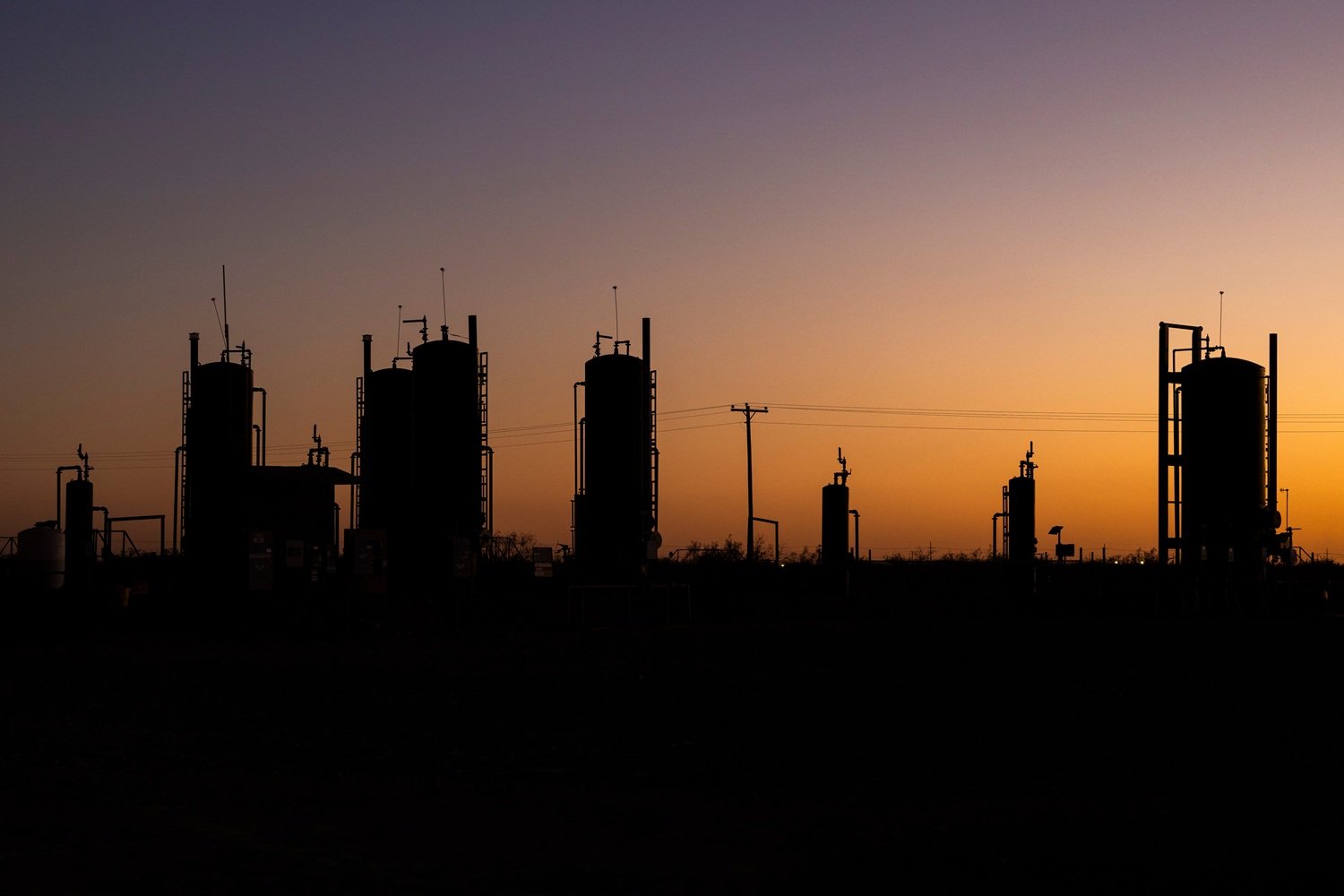The increasing power demands of artificial intelligence (AI) are driving a resurgence in natural gas usage, raising concerns about environmental impact. While companies behind AI technology are exploring nuclear power as a long-term solution, the immediate need for electricity is fueling a boom in natural gas-fired power plants.
AI’s insatiable appetite for energy is pushing data center electricity demand to unprecedented levels. A recent Financial Times report highlights this burgeoning natural gas boom, driven largely by the escalating energy requirements of AI and data centers. This trend is a reversal of previous efforts to transition away from fossil fuels like coal and natural gas towards renewable energy sources. The U.S. power grid, despite progress in renewables, is seeing a renewed reliance on gas, with projections indicating the addition of over 80 new gas power plants by 2030 – a 20% increase compared to the past five years.
This surge in gas-fired power plant construction is fueled by the explosive growth of data centers, the backbone of AI development. In January 2025, President Biden issued an executive order promoting the development of “gigawatt scale AI data centers” on federal land, stipulating the use of “clean energy.” This order encourages the use of renewable energy sources like geothermal and nuclear power. However, the timeline for deploying these cleaner energy solutions lags behind the immediate power demands of AI.
A U.S. Department of Energy report projects a tripling of data center energy consumption by 2028. This increased demand is part of a larger trend of rising electricity needs, driven by electric vehicle adoption, reshoring of manufacturing, hydrogen utilization, and the electrification of various industries.
Tech giants like Meta and Microsoft are investing heavily in both data centers and energy infrastructure. Meta is allocating $10 billion for a Louisiana data center, supported by $3.2 billion for three new gas plants. Microsoft is partnering with Constellation to revive a unit at the Three Mile Island nuclear power plant. Constellation recently acquired Calpine, a major gas power company, for $27 billion, signaling a continued reliance on natural gas.
The environmental consequences of this gas boom are significant. American gas plants emitted over 1 billion tonnes of carbon in 2024, a record high. While carbon capture technologies exist, many of the planned gas plants will lack these systems, exacerbating carbon emissions.
Both the DOE and private sector acknowledge the lack of transparency surrounding data center energy usage and carbon offsetting practices. This opacity hinders efforts to effectively integrate these growing energy demands with broader community development and sustainable energy solutions.
For example, Entergy, Meta’s energy partner in Louisiana, pledged to add “clean, efficient” power plants without disclosing specifics about the gas plants involved. While Meta commits to matching electricity usage with renewable energy through programs like Geaux Zero, which encourages solar power purchases, this doesn’t eliminate the carbon emissions from gas-fired power generation.
The long-term vision is to power AI and data centers with renewable and nuclear energy. However, the development of nuclear power is slow, with traditional reactors taking a decade to build and newer, smaller reactor technologies still unproven.
While the potential for a nuclear energy revolution driven by AI exists, the current reality is a heavy reliance on natural gas. Bridging the gap between AI’s immediate energy needs and the long-term promise of cleaner energy sources remains a critical challenge.









